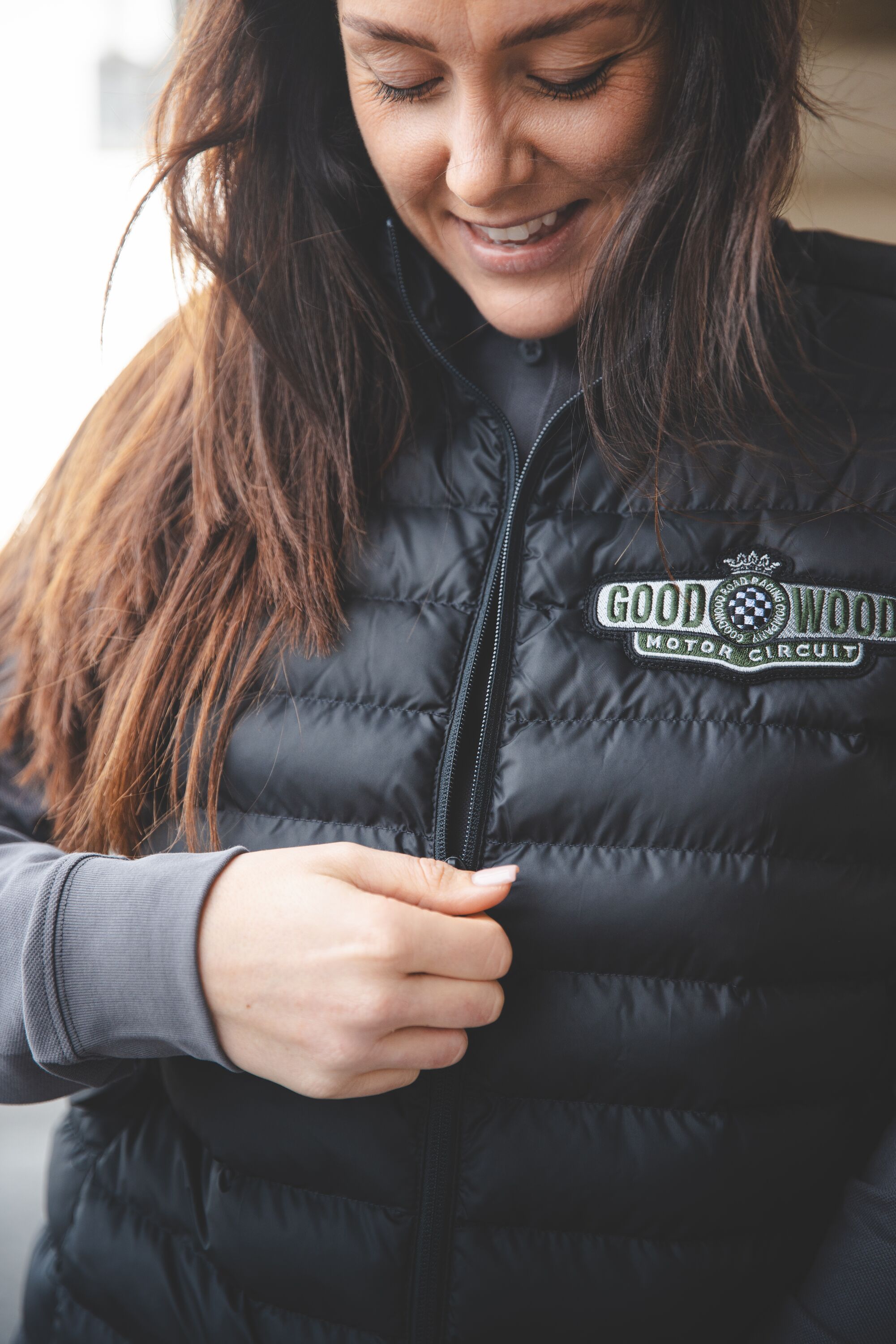Thank Frankel it’s Friday: a rally-spec F-Type is as hilarious as you’d expect
 Andrew Frankel
Andrew Frankel
You will know that things are tough at Jaguar Land Rover right now. The unenviable combination of the slowdown in China – the world’s biggest car market – plus uncertainty over diesel and Brexit has created something close to a perfect storm of challenges for the Midlands manufacturer. So it’s good to see it has not lost its sense of humour.

I know this because I’ve just had more fun in a Jaguar road car probably since I road tested the XJ220 back in 1993. But as you can see, what we have here is not a 542bhp hypercar, but a 2-litre, four-cylinder F-Type convertible modified into quasi-rally specification for no other reason than because it can.
Ok, there is at least an excuse for its existence. Conceived last year, the F-Type rally car is a celebration in general of the XK120 which hit 70 years old in 2018, and of one particular XK120 in particular. That car is the famed NUB 120 which won the Alpine Rally in both 1950 and 1951, driven by Ian and Pat Appleyard, the latter being the daughter of Jaguar founder Sir William Lyons.

But the F-Types (for they have made two), will never enter any competition. They will never be sold. So far as I am aware they have precisely zero relevance to Jaguar’s motorsport programme which is currently entirely focused on Formula E racing, which is about as far from what we have here and you can get. Unlike the FE cars, the F-Types are a means of securing some easy publicity and have some fun. Quite a lot of fun as it turns out.
So what Jaguar did was take two F-Type convertibles (because NUB 120 was a convertible), fit rally suspension, rally tyres, some underbody protection, an FIA roll cage and the usual race seat and belts, and that’s about it. It could have been made to go way faster if the car had been based around the 567bhp supercharged V8 of the F-Type SVR, complete with its four-wheel-drive system, but I will not be the first to observe that faster is not always funnier.

Instead Jaguar stuck with the standard 296bhp of the 2.0-litre motor and didn’t even bother to seam weld the shell. The only real ‘trick’ up its sleeve is a mechanically locking limited slip differential without which the car would scarcely move on mud and gravel and be absolutely no fun at all.
So with a very patient Jade Paveley (the reigning Junior Welsh tarmac rally champion), belted in next to me, we set off up a gravel track on a private test track intended to have the feel of a Welsh rally stage.

And I must say I could get very used to this going slowly business. On gravel this modern Jaguar rally car handles in much the same way as a race-prepped 1960s Alfa Romeo saloon handles on a wet track. Which is to day it goes sideways everywhere, but so benignly that even in the fastest curve you can correct it with one hand while upshifting with the other. Yes, the car has steering wheel paddles too, but where’d be the fun in using those?

Its limitations – its lack of ground clearance, its weight and a rather sub-optimal wheelbase for rallying – are always evident, but never intrusive. You’re having far too much fun to be troubled by such trifles. And the apparent paucity of power turns out to be no problem at all: even on proper gravel rally tyres, the F-Type is so short of traction it will keep the wheels spinning through at least half of its eight gears.

So hats off to JLR for creating something as gloriously, self-indulgently pointless as this. I wonder what they’ll do next? With any luck a circuit racer version of the forthcoming Land Rover Defender. But they’ll have a job making it more fun than this.
Thank Frankel it's Friday
Jaguar
F-Type































































